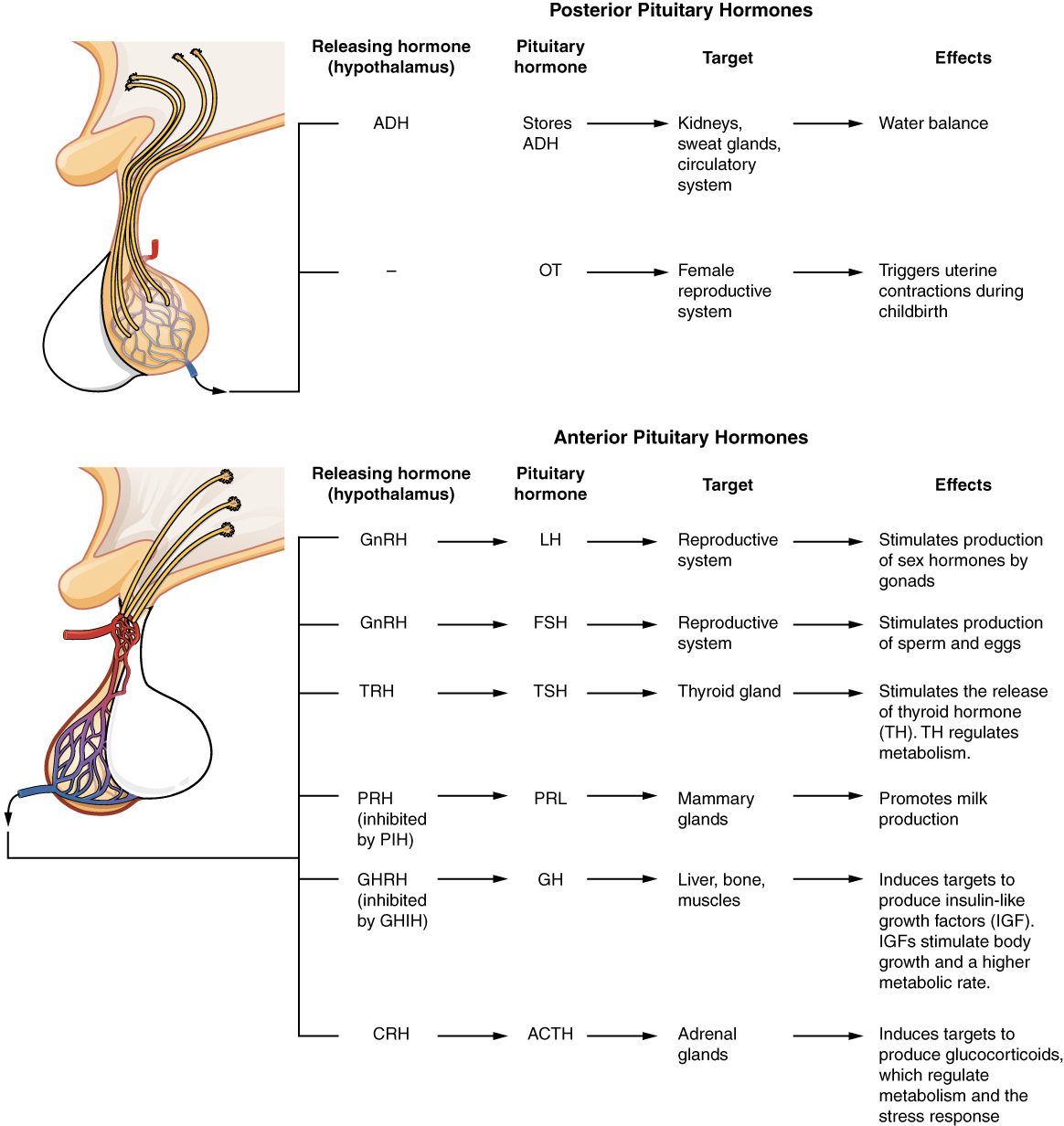
Introduction:
Immunity, the body's defense system, plays a vital role in protecting us from harmful pathogens and ensuring our overall well-being. This report aims to provide an in-depth understanding of immunity, its types, components, mechanisms, and how it adapts to combat various threats. By unraveling the complexities of our body's defense system, we can grasp the significance of maintaining a robust immune response for good health.
Types of Immunity:
There are two primary types of immunity: innate and adaptive. Innate immunity is the body's rapid, nonspecific defense against pathogens and foreign substances. It includes physical barriers (e.g., skin, mucous membranes), chemical barriers (e.g., enzymes, acids), and cellular defenses (e.g., phagocytes, natural killer cells). In contrast, adaptive immunity is a specific defense mechanism that develops over time following exposure to a particular pathogen. Adaptive immunity utilizes B and T lymphocytes and involves the production of antibodies and memory cells.

Components of the Immune System:
The immune system consists of various components working harmoniously to ensure effective defense. These components include cells such as macrophages, neutrophils, dendritic cells, B cells, and T cells. Moreover, the immune system relies on cytokines, chemical messengers that regulate immune responses, as well as complement proteins that assist in clearing pathogens. Lymphoid organs, including the thymus, spleen, and lymph nodes, are also critical in immune cell development, maturation, and coordination.
If you treasured this article and also you would like to collect more info concerning
Intermittent fasting i implore you to visit our site. Mechanisms of Immune Response:
The immune response involves a complex series of events aimed at neutralizing pathogens while minimizing damage to healthy tissues. Upon encountering a foreign substance or pathogen, immune cells detect and capture them, initiating an immune response. This process involves antigen presentation, activation of B and T cells, and the production of antibodies by plasma cells or the cytotoxic actions of T cells. Antibodies recognize and bind to specific pathogens, marking them for destruction by phagocytes or other immune cells.
Immunological Memory:
A remarkable feature of adaptive immunity is its ability to develop immunological memory. Memory cells, generated during an immune response, "remember" the specific pathogen encountered previously. If the same pathogen enters the body again, memory cells rapidly mount a more robust and swift immune response, preventing or minimizing reinfection. This memory allows us to acquire long-lasting immunity to certain diseases and forms the basis for vaccination strategies.
Factors Affecting Immunity:
Several factors can influence the efficiency of immune responses. Genetics plays a critical role, as individuals may inherit certain immune system abnormalities or predispositions to autoimmune disorders. Additionally, age, nutrition, lifestyle, stress levels, and underlying medical conditions can impact immune function. Adequate sleep, a balanced diet rich in essential nutrients, regular exercise, and reduced stress levels can contribute to maintaining optimal immune system performance.
Implications of Immunity Disorders:
When the immune system malfunctions, several disorders can arise. Immunodeficiency disorders can manifest as primary immunodeficiencies (inherited) or secondary immunodeficiencies (acquired). Autoimmune diseases, such as rheumatoid arthritis and lupus, result from an overactive immune system attacking healthy tissues. Allergies occur when the immune system overreacts to harmless substances, triggering an inflammatory response. Understanding these disorders allows for better management and targeted interventions.
Conclusion:
Immunity is a fascinating and intricate defense mechanism that
safeguards our body from harmful invaders. Its complexity arises from the coordination between various components, the interplay between innate and adaptive responses, and the ability to remember specific pathogens. By recognizing the factors influencing immune function, individuals can adopt strategies to optimize their immunity, leading to better overall health. Moreover, in-depth knowledge of immunity disorders enhances our ability to diagnose, treat, and prevent these conditions, improving the lives of individuals affected by these disorders.